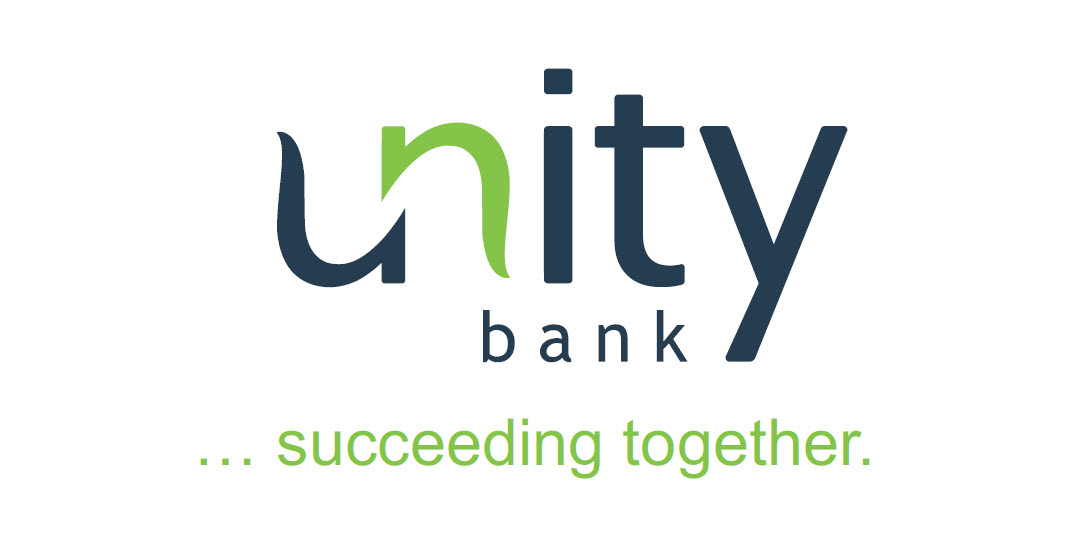- Failed Bank Buyout Deal Shows Perils of Investing in Nigeria
It looked like a done deal between a Nigerian bank in need of funding and a U.S. private-equity firm keen to stump up the cash. But even after documents were signed it fell apart, showing how tough the African nation can be for investors.
Milost Global Inc. said it penned an agreement in November to provide $1 billion of financing that would’ve given it 60 percent of Unity Bank Plc. Milost has now backed off, citing an unidentified “politically connected” shareholder who threatened the investor’s Nigerian interests if it pursues the deal. The Lagos-based lender has denied that the documents were binding and said it had nothing to do with the threats.
The transaction failed as President Muhammadu Buhari wants to make it easier for businesses to operate in Africa’s most populous nation, which ranks 145th out of 190 countries in the World Bank’s ease of Doing Business index.
“The message we get from clients is that even though the Nigerian government is outwardly pro-investment, in practice foreign investors don’t always receive a warm welcome,” said Matthew Kindinger, an analyst at Washington-based Frontier Strategy Group, which advises multinational companies in emerging markets. “Nigeria is a very challenging environment. You get a lot of problems that you wouldn’t elsewhere.”
Call for Investigation
Unity Bank, formed 12 years ago out of the merger of nine banks and which last year missed a recapitalization deadline set by regulators, said in a statement on Thursday that it’s typical for documents to be exchanged between negotiating parties and the papers it signed only suggested the “terms and conditions on which Milost was planning to consider its possible participation in the capital funding of the bank.”
“It is for the Securities and Exchange Commission and the Nigerian Stock Exchange to investigate the truth,” Milost Chief Executive Officer Kim Freeman said by phone on Thursday. “They signed the term sheet and the commitment agreement. They are denying everything because they have been caught off guard” and failed to disclose the transaction to shareholders and the stock exchange, he said.
The Nigerian bourse has “the Milost situation under consideration” and will issue a statement “at the appropriate time,” NSE spokesman Olumide Orojimi said in an emailed response to questions on Tuesday. A SEC spokesperson didn’t answer calls to her mobile phone.
Milost, which was founded in 2015 according to its LinkedIn profile, has $25 billion in committed capital with interests spanning from cannabis to mining and oil, according to its website.
Not the First
It’s not the first time the firm has come under the spotlight. South African construction company WG Wearne Ltd. on Feb. 14 said that Milost failed to fulfill its funding obligations and that the builder will terminate their agreement for up to 300 million rand ($25 million) in debt financing if the terms aren’t met.
The WG Wearne deal is still on and the company has made two draw-downs already on the facility, Solly Asibey, Milost’s chief investment partner, said. WG Wearne’s Chief Financial Officer Marius Bierman didn’t immediately return a message left at its office seeking comment.
“It would have been great for the banking sector, Unity Bank in particular, if this deal was true and it had gone through,” Lekan Olabode, a bank analyst at Vetiva Capital Management Ltd., said by phone from Lagos. “Now that it didn’t, Unity Bank is back to where it was and will continue to search for where its funding will come from.”
Unity fell on Tuesday to extend losses over the past three trading days to 10 percent.
Other bank deals have also been hard to get over the line. Johannesburg-based FirstRand Ltd., Africa’s largest bank by market value, walked away from buying Lagos-based Sterling Bank Plc in 2011 because it said the asking price was too high.
FDI Shrinks
Dithering by policymakers over the handling of a currency peg has also cost inflows into the country, with a foreign-exchange shortage only easing after the central bank introduced a weaker exchange rate for investors in April last year. Foreign-direct investment declined for three straight years to $982 million in 2017, according to the National Bureau of Statistics, the lowest since at least 2012.
Milost’s $1.1 billion purchase of Primewaterview Holdings Nigeria Ltd., a real estate company, and its pending $250 million investment in Resort Savings & Loans Plc account for almost all Nigerian mergers and acquisitions. Deals in the country this year amount to $1.4 billion, compared with $2.7 billion for all of 2017, according to data compiled by Bloomberg.
The country’s population of about 180 million and an economic recovery from 2016’s slide means Nigeria is “too big to ignore,” said Frontier Strategy’s Kindinger. “A lot of multinationals have it top of their list for Africa. It will always remain a priority for those interested in Africa, even for all its difficulties.”


 Forex3 weeks ago
Forex3 weeks ago
 Naira3 weeks ago
Naira3 weeks ago
 Billionaire Watch3 weeks ago
Billionaire Watch3 weeks ago



 Naira3 weeks ago
Naira3 weeks ago






 Naira3 weeks ago
Naira3 weeks ago




 Naira2 weeks ago
Naira2 weeks ago






 Naira2 weeks ago
Naira2 weeks ago




 Naira4 weeks ago
Naira4 weeks ago























